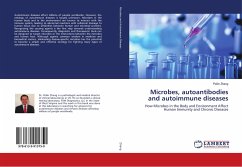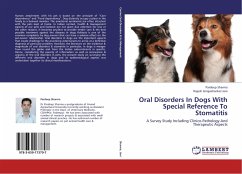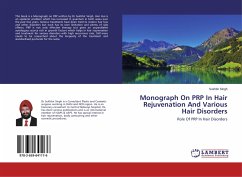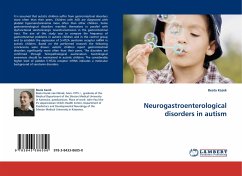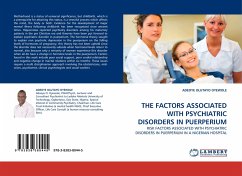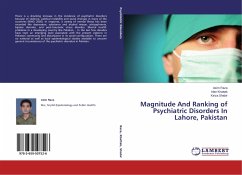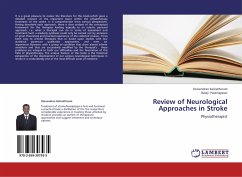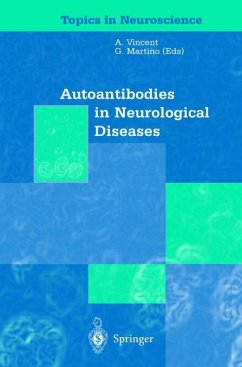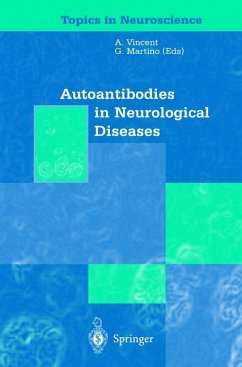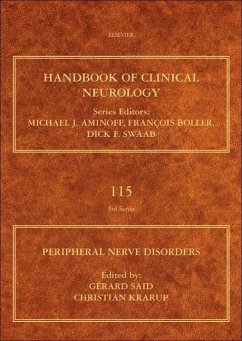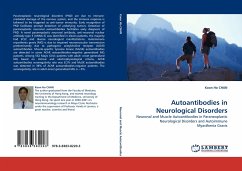
Autoantibodies in Neurological Disorders
Neuronal and Muscle Autoantibodies in Paraneoplastic Neurological Disorders and Autoimmune Myasthenia Gravis
Versandkostenfrei!
Versandfertig in 6-10 Tagen
52,99 €
inkl. MwSt.

PAYBACK Punkte
26 °P sammeln!
Paraneoplastic neurological disorders (PND) are due to immune-mediated damage of the nervous system, and the immune response is believed to be triggered as anti-tumor immunity. Early recognition of PND facilitates prompt detection of underlying tumors. Detection of paraneoplastic neuronal autoantibodies facilitates early diagnosis of PND. A novel paraneoplastic neuronal antibody, anti-neuronal nuclear antibody type 3 (ANNA-3) was identified in eleven patients, the majority had SCLC and diverse neurological manifestations. Autoimmune myasthenia gravis (MG) is due to impaired neuromuscular trans...
Paraneoplastic neurological disorders (PND) are due to immune-mediated damage of the nervous system, and the immune response is believed to be triggered as anti-tumor immunity. Early recognition of PND facilitates prompt detection of underlying tumors. Detection of paraneoplastic neuronal autoantibodies facilitates early diagnosis of PND. A novel paraneoplastic neuronal antibody, anti-neuronal nuclear antibody type 3 (ANNA-3) was identified in eleven patients, the majority had SCLC and diverse neurological manifestations. Autoimmune myasthenia gravis (MG) is due to impaired neuromuscular transmission predominantly due to pathogenic acetylcholine receptor (AChR) autoantibodies. Muscle-specific tyrosine kinase (MuSK) autoantibodies are detected in some AChR autoantibodies-negative generalized MG patients. Among 562 Mayo Clinic patients with adult- onset generalized MG based on clinical and electrophysiological criteria, AChR autoantibodies seronegativity rate was 8.2% and MuSK autoantibodies was detected in 38% of AChR autoantibodies-negative patients. The seronegativity rate in adult-onset generalized MG is ~5%.



